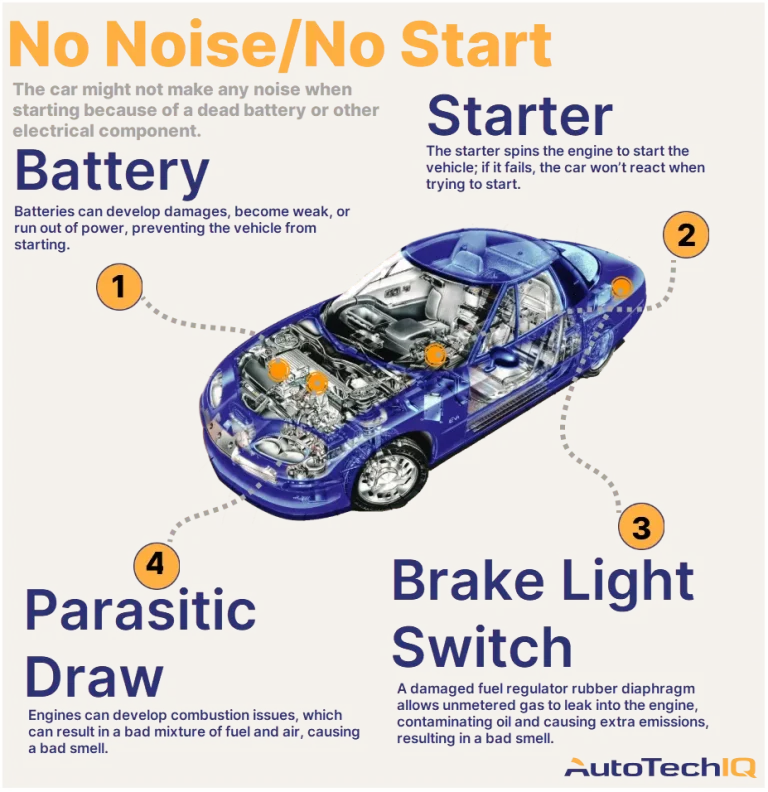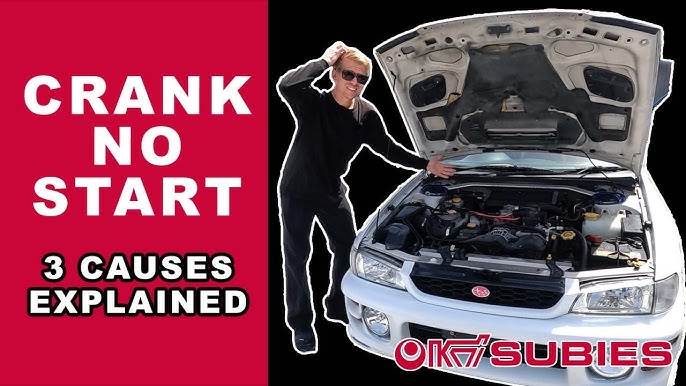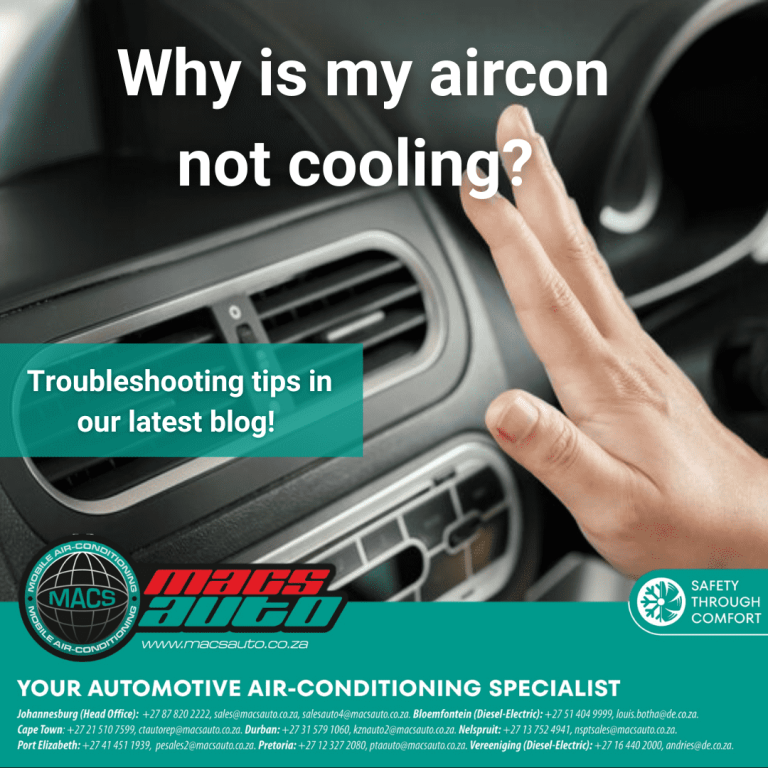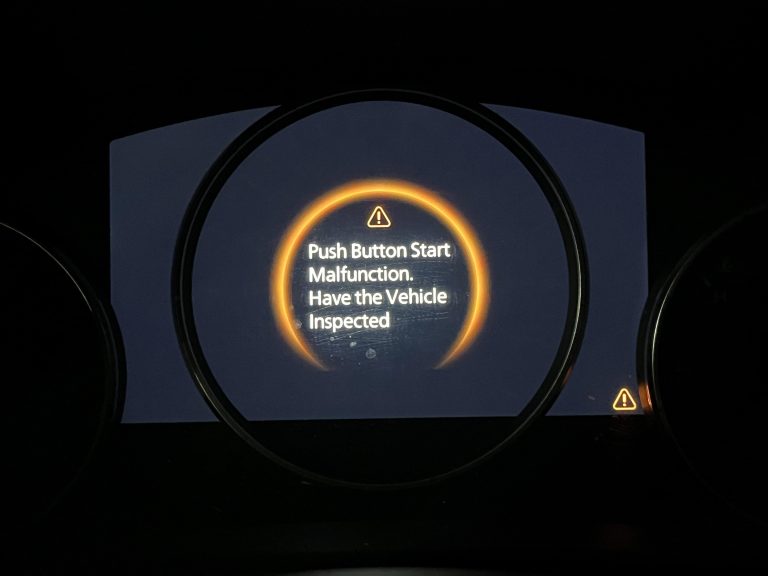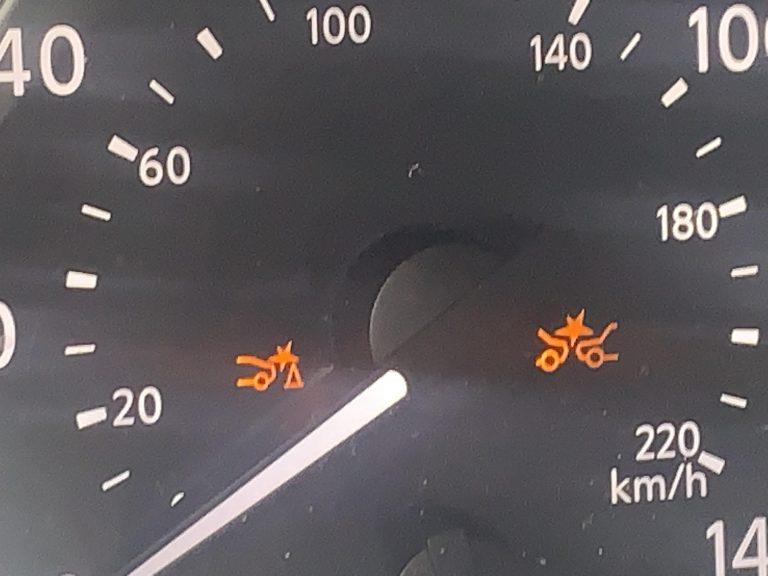Why Does My Car Make Loud Humming Noise At Highway Speeds: Causes & Fixes
A loud humming noise at highway speeds is often caused by worn wheel bearings, uneven tire wear, or tire imbalance. It can also result from issues with the drivetrain or differential. Prompt inspection is important, as ignoring the noise may lead to unsafe driving conditions and costly repairs.
You might wonder, “Why does my car make that loud humming noise at highway speeds? ” Understanding the cause is important because ignoring it could lead to bigger problems and costly repairs. You’ll discover the common reasons behind that noise and what you can do to fix it before it gets worse.
Keep reading to protect your car and enjoy a smoother, quieter ride.

Credit: www.wikihow.com
Read more: My Car Ac Works Intermittently Sometimes Cold Sometimes Warm: Quick Fixes & Tips
Why Does My Car Make Loud Humming Noise At Highway Speeds
Common Causes Of Loud Humming
A loud humming noise at highway speeds can be distracting and worrying. Many drivers hear this sound but don’t know what causes it. Understanding the common reasons helps you find the right fix fast. This section explains the usual suspects behind loud humming sounds on the road.
Tire Issues
Tires often cause humming noises at high speeds. Worn-out tires have uneven surfaces that create noise. Tires with incorrect pressure also lead to humming sounds. Damaged or old tires lose grip and make more noise. Rotating or replacing tires can reduce or stop the humming.
Wheel Bearings
Wheel bearings help wheels spin smoothly. When bearings wear out, they cause a loud humming sound. The noise grows louder as speed increases. Worn bearings can lead to unsafe driving. Checking and replacing wheel bearings stops the noise and improves safety.
Transmission Problems
The transmission moves power from the engine to the wheels. If transmission parts wear or break, humming noises may start. Low transmission fluid or damage causes rough operation and sound. Fixing transmission issues needs a mechanic’s help. Early attention prevents bigger, expensive repairs.
Aerodynamic Factors
Air flowing around the car can make humming noises. Roof racks, open windows, or loose parts increase wind noise. Car shape also affects how air moves and sounds. Simple changes like closing windows or tightening parts reduce humming caused by air.
Diagnosing Tire-related Noises
Humming noises at highway speeds often come from tires. Diagnosing tire-related noises helps find the exact cause. Tires wear unevenly or lose pressure. Such issues lead to loud sounds while driving. Checking tires regularly keeps your ride smooth and quiet.
Tire Wear Patterns
Tires wear in different ways. Look for bald spots, cracks, or smooth patches. Uneven wear means tires might be misaligned or unbalanced. Worn tires create humming noises at high speeds. Inspect tires often to catch problems early.
Tire Pressure Checks
Low or high tire pressure changes how tires touch the road. Incorrect pressure causes vibrations and noise. Use a pressure gauge to check tires when cold. Keep pressure at the car maker’s recommended level. Proper pressure reduces humming sounds and improves safety.
Tire Balancing And Alignment
Unbalanced tires spin unevenly, causing vibrations and noise. Misaligned wheels wear tires unevenly and create humming sounds. Balance tires during regular service visits. Get alignment checked if the car pulls to one side. Balanced and aligned tires ensure a smooth, quiet drive.
Wheel Bearing Troubles And Solutions
Wheel bearings are key parts of your car’s wheels. They help the wheels spin smoothly and quietly. If these bearings wear out, you may hear a loud humming noise at highway speeds. This noise often changes with speed and can get worse over time. Knowing how to spot wheel bearing problems and fix them can keep your car safe and quiet.
Here are some common signs of worn wheel bearings and how to handle them.
Signs Of Worn Bearings
A loud humming or growling noise that gets louder with speed is a main sign. You may also feel vibration in the steering wheel. Sometimes, the noise changes when you turn the car left or right. Uneven tire wear can also point to bad bearings. If your car pulls to one side, it might be due to this issue.
Replacement Procedures
Replacing wheel bearings usually needs special tools. The car must be lifted, and the wheel and brake parts removed. The old bearing is pressed out carefully. A new bearing is then pressed in place. Proper lubrication is important to avoid early failure. After replacement, the wheel parts are reassembled and tested for smooth rotation.
Preventive Maintenance
Regularly check your tires and wheels for noise or play. Keep wheel bearings clean and well-lubricated. Avoid driving through deep water or mud that can damage bearings. Have your mechanic inspect wheel bearings during routine service. Early care helps avoid costly repairs and loud noises on highways.
Transmission Noise Causes
Transmission noise can cause a loud humming sound at highway speeds. This noise often points to issues within your vehicle’s transmission system. The transmission plays a key role in transferring power from the engine to the wheels. When parts inside it wear down or fluid is low, strange sounds can appear. Understanding the causes helps you know what needs attention.
Fluid Levels And Quality
Transmission fluid lubricates the moving parts inside your transmission. Low fluid levels can cause metal parts to rub together. This creates a loud humming or whining noise. Old or dirty fluid loses its ability to lubricate well. It can also cause overheating and increase noise. Checking fluid levels and quality can prevent damage and reduce noise.
Gear Wear And Damage
Gears inside the transmission can wear out over time. Worn gears do not mesh smoothly, causing humming sounds. Damage like chips or cracks makes noise worse at high speeds. Gear problems need quick attention to avoid costly repairs. The noise may grow louder as damage spreads.
Professional Inspection Tips
A trained mechanic can find the exact cause of transmission noise. They check fluid levels and condition first. Then, they inspect gears and other components for wear or damage. Professionals use tools to measure noise and vibrations. Early inspection helps catch problems before they get worse. Always ask for a full transmission check if humming occurs.
Read more: My Car Transmission Jerks When Shifting Into Reverse: Quick Fixes Explained
Reducing Aerodynamic Noise
A loud humming noise at highway speeds often comes from aerodynamic sources. This noise happens when air moves around your car and creates sound. Reducing this noise can make your drive more comfortable and less tiring.
Small gaps or loose parts can increase wind noise. Fixing these can lower the humming sound. Focus on areas where air flows fast and hits your car’s surface.
Check For Loose Parts
Loose parts on your car can catch the wind and cause humming. Check mirrors, trim, and panels for any movement. Tighten screws and bolts to secure these parts. This simple step can reduce noise significantly.
Roof Racks And Accessories
Roof racks create extra wind resistance and noise. Remove racks if not in use to lower sound. If you keep them, use wind fairings designed for your model. These fairings help smooth airflow and reduce humming.
Window Seals And Door Gaps
Worn or damaged seals let air inside your car. This causes whistling and humming at high speeds. Inspect door seals and window edges for cracks or gaps. Replace or fix any damaged seals to keep air out and noise down.

Credit: www.wikihow.com

Credit: www.wikihow.com
Frequently Asked Questions
Why Does My Car Hum Loudly At High Speeds?
A loud humming noise at high speeds often comes from worn tires or wheel bearings.
Can Tire Issues Cause Humming Noise On Highways?
Yes, uneven tire wear or low tire pressure can create a loud humming sound.
How Can I Fix Loud Humming Noise While Driving Fast?
Check tires and wheel bearings, then replace or repair any damaged parts quickly.
Conclusion
A loud humming noise at highway speeds can mean many things. It might be your tires, wheel bearings, or even the engine. Ignoring the sound can lead to bigger problems. Checking your car early keeps you safe on the road.
Simple fixes often stop the noise quickly. Don’t wait for the noise to get worse. Stay alert and listen to your car’s sounds. Taking care of small issues saves time and money later.



